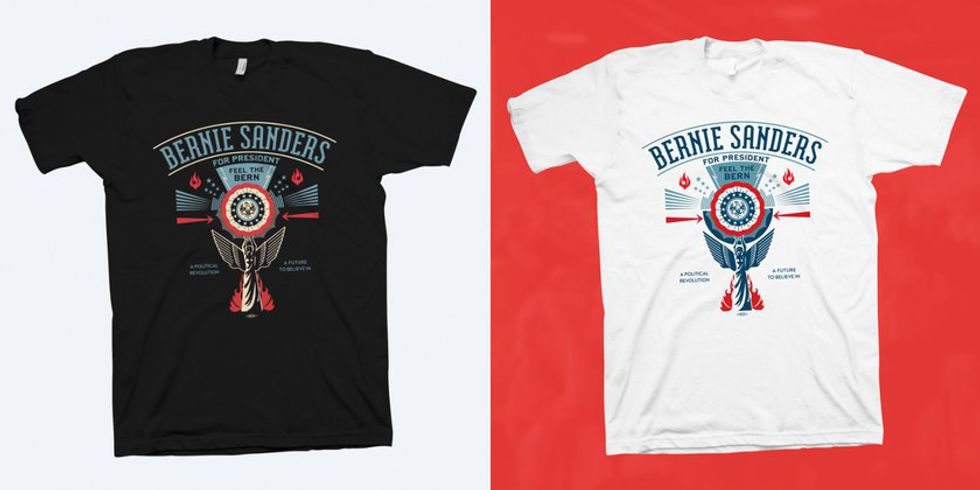After the Nevada caucuses, Bernie Sanders supporters were disappointed to find that Hillary Clinton managed to earn more delegates after receiving about 52 percent of the Democratic votes. After his surprising and exciting successes in both Iowa and New Hampshire, Sanders supporters had a great deal of confidence in the candidate, especially because just a few months earlier he was considered unelectable. But after some campaign faux-pas by Camp Hillary, the possibility that Sanders could win the democratic candidacy has a chance of becoming a reality.
In the past few weeks, the media has found Clinton’s campaign slipping up in the ways in which they are targeting young voters. In October, pop singer Katy Perry performed at a Clinton rally where she appeared decked out in red, white and blue to endorse the candidate. Just a few months later, Hillary’s super PAC, Hillary for America, paid Perry $70,000 for “event production.” Not only is Perry an irrelevant public figure, by paying her for her appearance and endorsement, Hillary’s campaign appears out of touch. Paying a celebrity for an endorsement is an old trick for political campaigns, but what’s almost laughable about this is that Hillary for America paid Perry for this endorsement.
But in the past few weeks, the super PAC got a little smarter and decided to buy The Onion, an online satirical news and media outlet that probably appears on your Facebook timeline several times a day. Now, The Onion has been releasing pro-Hillary articles, which will reach a wide audience in the demographic Hillary just can’t win. The slip up here is that Hillary for America thought they could get away with this without anyone noticing.
While Hillary Clinton isn’t the one calling the shots in these two instances, the negative impact they will cause on her character is going to end up doing more harm than good. Sanders has had the young vote since the beginning due to his campaign framing him as a "Washington Outsider" and a figure of social and economic change. More so, he is very clear and vocal about his decision not to use a super PAC in his campaign. Instead, he relies on donors who give $27 on average.
What Hillary’s campaign is forgetting is that the voters she’s targeting (young Democrats from the ages 18-35) are completely fed up with the way Washington is run. Looking at my own view of the election, the initial appeal of Sanders was the fact that he reminded me a lot of the Occupy Wall Street movement, which I supported and rallied for on the weekend during my early years in high school. At this time, as well, I was religiously watching "The Daily Show with Jon Stewart" and "The Colbert Report" alongside thousands upon thousands of other young people. During this time, Colbert looked closely into the world of super PACs, educating his viewers on the definite concerns about this new element of the political systems as it changed the tides of the 2012 election.
So how did Hillary’s campaign let this happen? They could have used the $70,000 they used to hire a fairly irrelevant pop star to look more into the demographic they haven’t been able to win. But instead, the campaign’s tactics continue to leave a sour taste in my mouth. The young generation of voters aren’t stupid and they’re more aware than some campaigns give them credit for. If Hillary wants to make a comeback, her campaign organizers need to revamp the ways in which they’re targeting young voters. If not, it’s highly likely we’ll see Sanders win this race.
































